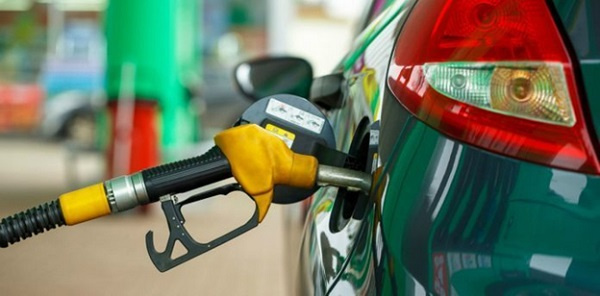Consumers in Ghana will have to brace themselves for an increase in fuel prices from August 1, 2023, as the Chamber of Petroleum Consumers (COPEC) has recently disclosed. The rise in fuel prices is expected to impact petrol, diesel, and Liquefied Petroleum Gas (LPG), and is attributed to the surge in prices of finished products on the world market, despite the improved performance of the cedi against the US dollar during the period.
According to COPEC’s projections, the average increase in petrol and diesel prices will be approximately 9.0% above the current mean price of ¢11.90 per liter. This means that consumers can expect to pay around ¢13.27 per liter for petrol and ¢13.93 per liter for diesel. Furthermore, LPG prices are expected to rise by about 20.0%, with a 4.5-kilogram LPG cylinder predicted to sell at ¢170.91 within the new pricing window.
COPEC emphasized that all pump prices are expected to be within a ±5% error margin of their prediction, indicating a relatively high level of certainty in their projections.
The basis for these predictions lies in the increase in finished product prices on the international market. According to COPEC, both petrol and diesel prices have risen by an average of approximately 12%. Additionally, the cost of crude oil has surged by 10.53%, with the mean price rising from $75.85/barrel to $83.84/barrel. However, it is worth noting that the exchange rate of the cedi against the US dollar has relatively decreased, going from a previous average of ¢11.7848 to ¢11.6433 (-1.20%) per $1.
COPEC called upon the Ghanaian government to take measures to ease the burden on consumers, especially in the face of rising fuel prices. Firstly, they urged the government to consider reducing taxes on LPG or providing subsidies to make LPG more accessible and affordable nationwide. Promoting the usage of LPG can contribute to the conservation of the environment, as LPG is generally considered a cleaner and more environmentally friendly alternative to traditional fuels.
Additionally, COPEC advocated for a reduction in fuel taxes on petrol and diesel, which currently stands at approximately 25%. Lowering these taxes could alleviate the financial strain on consumers and help mitigate the impact of rising fuel prices on their daily lives.
While COPEC’s predictions are based on international market dynamics and other economic factors, the final determination of fuel prices remains in the hands of the relevant authorities. Consumers should be prepared for the price increase and explore ways to cope with the potential financial implications.







